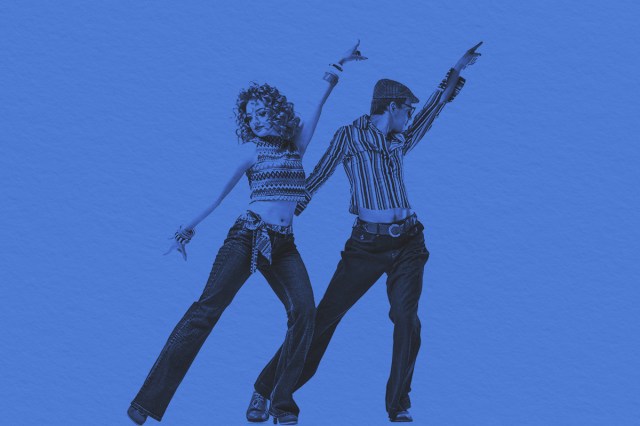
The 1970s were a time of social activism, political upheaval, and a continuation of the counterculture revolution of the 1960s, and the slang that came out of this decade was a reflection of these changes. Author Tom Wolfe coined the term “The ‘Me’ Decade” to define the era. He described an “unprecedented post-World War II American development: the luxury, enjoyed by so many millions of middling folk, of dwelling upon the self.” Along with the self-development trends coming out of these wild, free-spirited, and tumultuous years came a set of slang words and terms to talk about the new ways of thinking. Let’s examine more of the language of the 1970s.
While very commonly recognized as a noun for bound reading material, “book” can also be used as a verb, as in “book a reservation.” However, in the 1970s, using “book” as a verb meant you needed to “move quickly” or “leave abruptly.” The first usage of this definition was in Skateboarder magazine in 1977. The use of “book” in a legal context, to mean “apprehend or arrest,” dates to the 18th century, but the television show Hawaii Five-O (which aired from 1968 to 1980) popularized what would become one of the most memorable catchphrases of the decade: “Book ’em, Danno!”
This radio code, meaning “message received,” was introduced into everyday conversation — no radio necessary — through a popular song and a string of trucker films, including Smokey and the Bandit (1977), Every Which Way but Loose (1978), and Convoy (1978). The last film, starring Kris Kristofferson, was inspired by the 1975 country song “Convoy” by C.W. McCall. This song, which included a simulated conversation using CB radio slang, went to No. 1 on both the country and pop charts and holds the 106th spot on Rolling Stone magazine’s 200 Greatest Country Songs of All Time.
“10-4, see you then.”
“Keep on truckin’” — meaning “to persevere” — became a trendy hippie slogan in the 1970s. The encouraging idiom was borrowed from R. Crumb’s comic strip of the same name, which in turn borrowed the line from “Truckin’ My Blues Away,” a 1936 blues song by Blind Boy Fuller. While “keep on truckin’” isn’t as ubiquitous as it once was, another popular 1970s idiom with a similarly uplifting meaning still endures: “Hang in there!”
The idiom “go bananas,” meaning “go crazy, mad, wild (with excitement, anger, frustration, etc.),” became popular on college campuses and entered mainstream pop culture at the beginning of the decade.
If someone wants to play hardball, they’re not talking about playing a game. “Playing hardball” is slang for behaving in a “ruthless, uncompromising manner.” It was coined in the mid-1970s and is most often heard in relation to business or politics.
If something is primo, it’s the very best. “Primo” comes from the Italian primo, meaning “first, principal,” and the Spanish primo, meaning “first-rate, fine.” Coined in 1970, “primo” was used as slang throughout the decade to refer to the high quality of a drug, especially marijuana. It then evolved into a way of describing anything that was first-rate or excellent.















